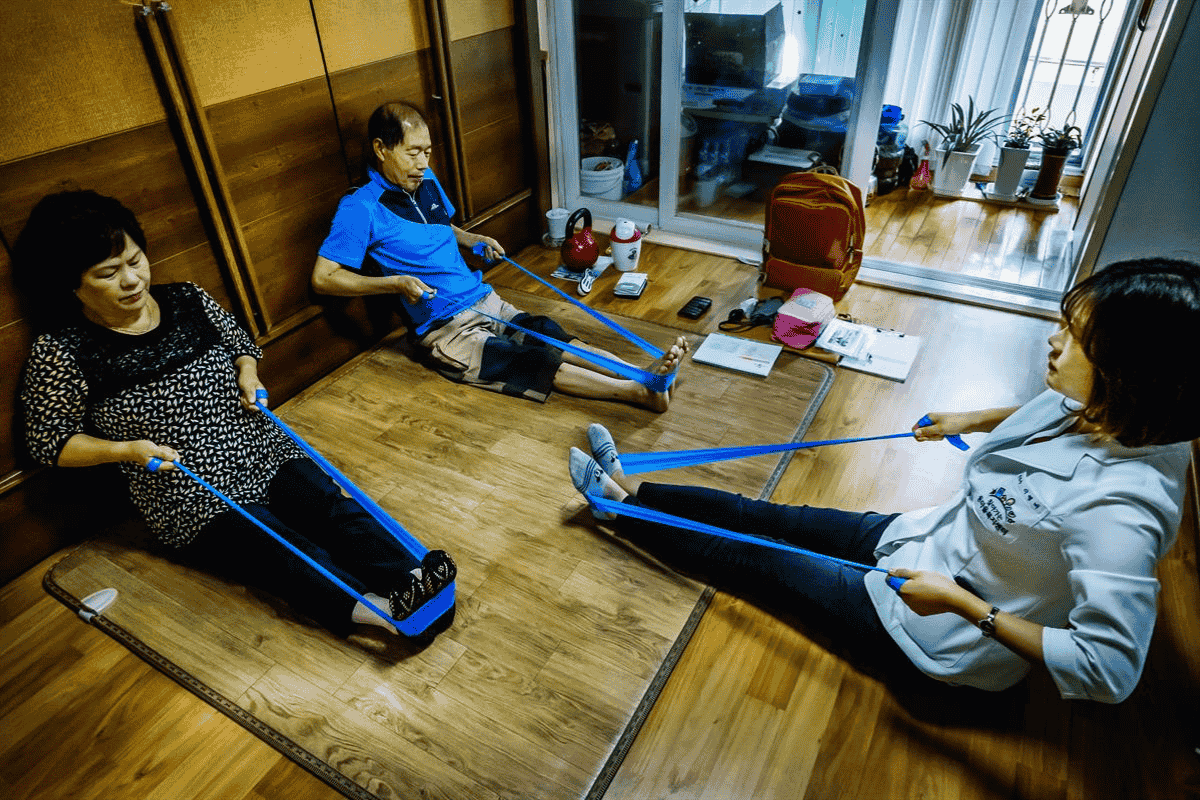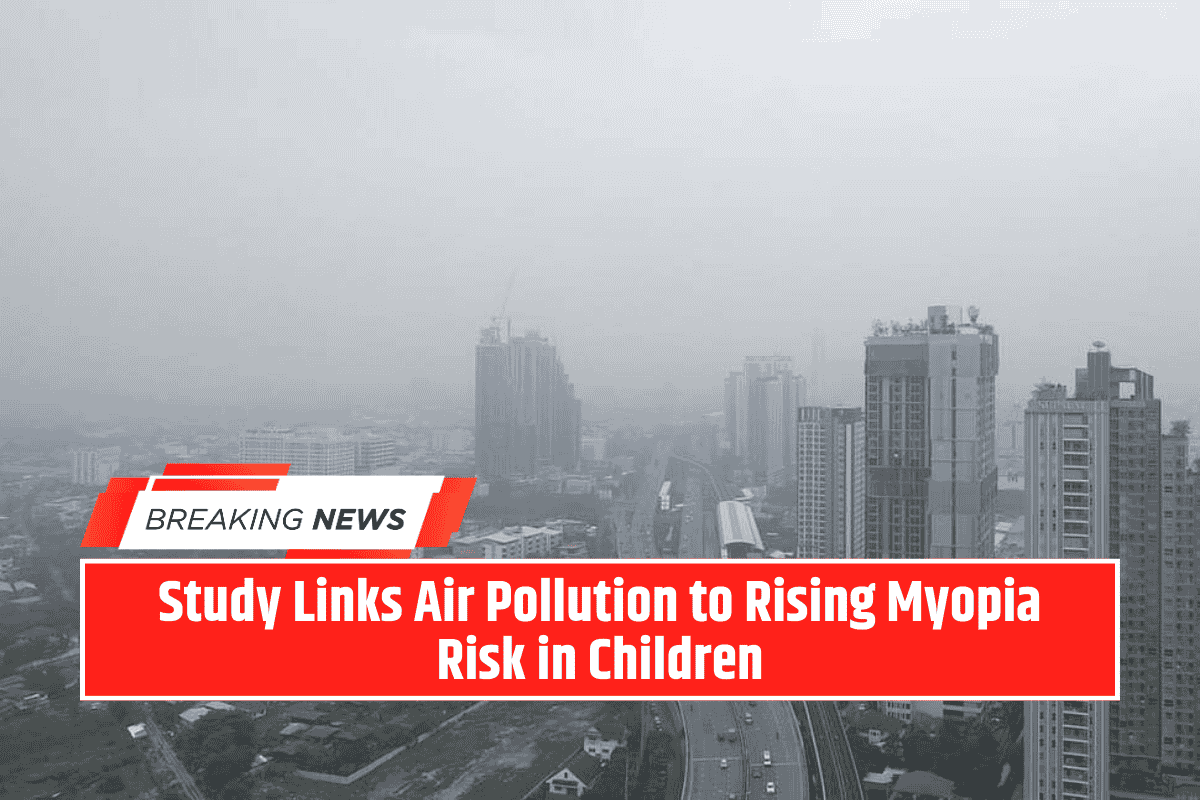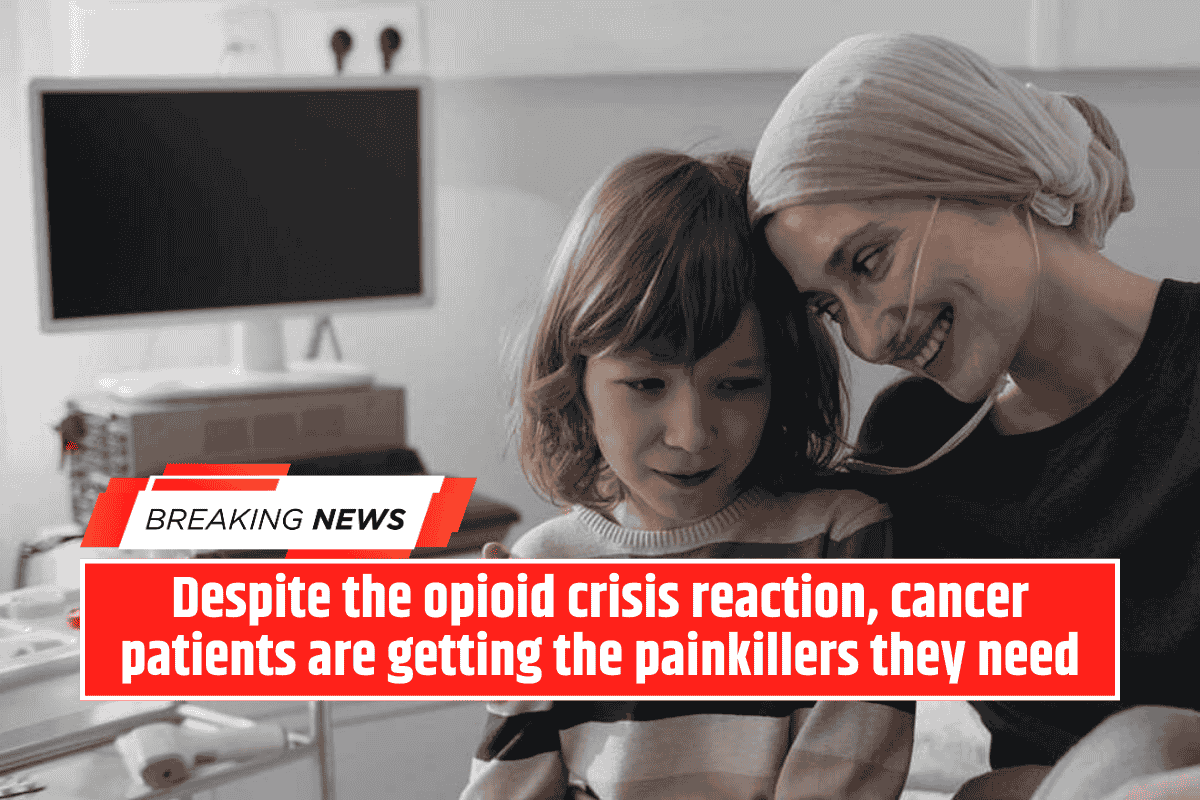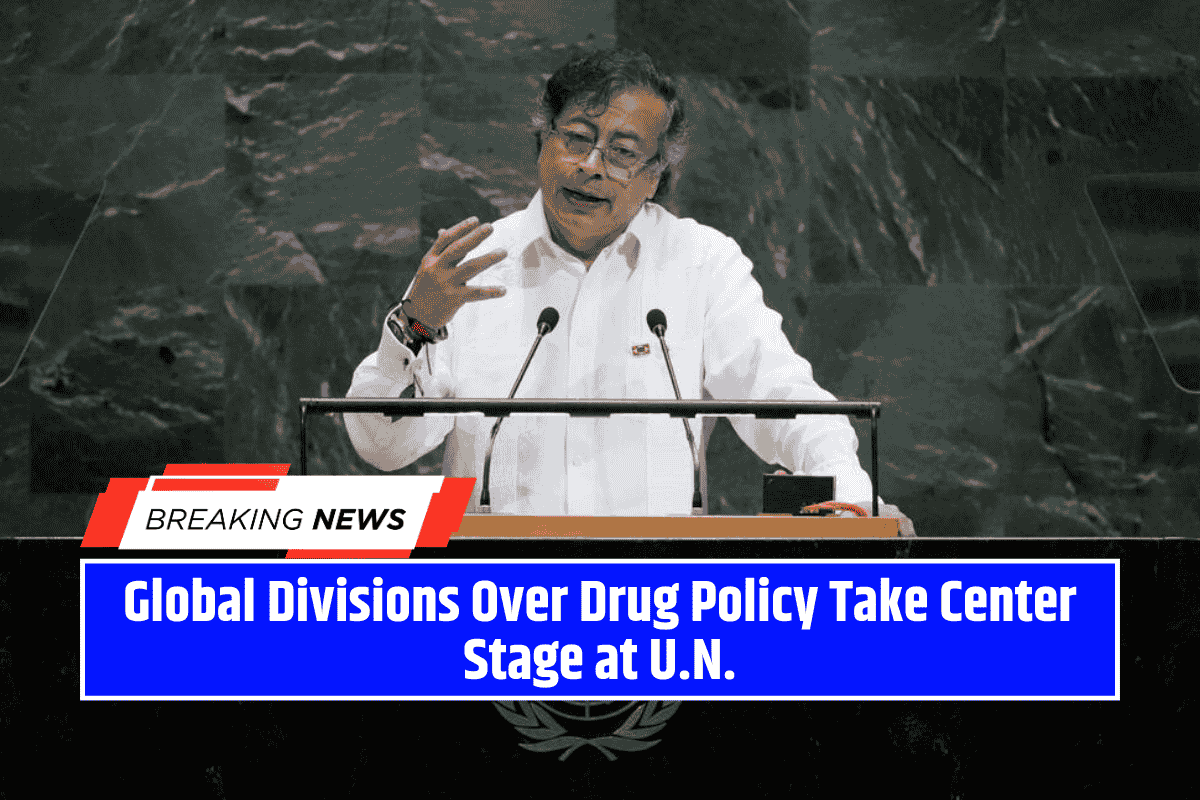Healthy communities are the backbone of a strong and successful society. When people live free from preventable diseases, they can focus on education, work, and enjoying life with family and friends.
A healthy environment supports personal growth and builds stronger relationships in the community. But keeping diseases at bay isn’t just the job of doctors and hospitals—it needs teamwork from individuals, families, schools, local groups, and the government.
Cities like Mumbai, New York, and Singapore have shown how proactive steps can make a big difference in public health.
Understanding Disease Prevention and Control
Disease prevention means taking action to stop diseases before they even begin. This includes:
- Getting vaccinated
- Practicing good hygiene
- Eating healthy and staying active
On the other hand, disease control is about managing illnesses that have already started spreading. It helps stop outbreaks from becoming worse and keeps hospitals from getting overcrowded.
Cities that balance both prevention and control often see fewer cases of common diseases like:
- Diabetes
- Heart problems
- Breathing issues
For example:
- Copenhagen promotes cycling and outdoor activities, reducing obesity.
- Singapore keeps disease spread low with strict cleanliness in public places and hospitals.
Promoting Healthy Lifestyles in Communities
Good health starts with good habits. Encouraging people to make healthier choices in daily life is key. This includes:
- Eating nutritious food
- Exercising regularly
- Taking care of mental health
Cities like Melbourne have created walking tracks, sports programs, and green spaces so people can stay fit easily. Local markets with fresh fruits and veggies help people eat better without spending too much.
Mental health is equally important. Stress and anxiety can weaken the body’s natural defence system. Cities like Toronto run mental health support programs in schools and offices, helping people stay mentally strong and balanced.
Vaccination and Immunisation Campaigns
Vaccines are one of the most powerful tools in fighting diseases. Thanks to immunisation:
- Diseases like polio and measles have become very rare.
- Entire communities are protected when most people are vaccinated.
Local governments must make vaccines easy to access for everyone. For example:
- Tokyo uses mobile vaccination vans and community help groups to reach all areas.
To make these efforts successful, it’s important to:
- Educate people about vaccine benefits and safety
- Answer questions openly and clearly
- Set up easy-to-reach vaccination centres
Improving Hygiene and Sanitation
Clean water, fresh food, and safe waste disposal are basic needs for a healthy life. Poor sanitation can lead to dangerous diseases like:
- Cholera
- Typhoid
- Hepatitis
Cities like Stockholm have modern sewage systems and strict food safety rules, which help them maintain excellent health standards.
Education plays a big role here too. Teaching children and adults to:
- Wash hands regularly
- Handle food safely
- Keep their surroundings clean
makes a huge difference. Schools and offices can be great places to spread this awareness.
Making Healthcare Easily Accessible
Quick and easy access to doctors and medical care is very important. Some cities use mobile clinics and online check-ups (telemedicine) to reach people in remote areas. For example:
- Nairobi has mobile clinics that travel to low-income neighbourhoods.
Early check-ups and tests help find problems before they become serious. Also, government support for affordable health services makes it easier for everyone to stay healthy.
Preventive health policies should focus on:
- Regular screenings
- Affordable medicines
- Free or low-cost routine check-ups
Working Together as a Community
No health program works without community support. When people come together, they create a stronger, healthier society. Local schools, shops, hospitals, and even temples or mosques can help spread health messages.
Some ideas that have worked in cities like Barcelona include:
- Health workshops
- Group exercise programs
- Community vaccination camps
It’s also important to collect and study health data. This helps leaders understand which areas need help, where diseases are rising, and how to prepare for future risks.
Building Strong and Resilient Communities
Preventing and controlling disease is a long-term mission, not a one-time task. When communities invest in:
- Education
- Clean environments
- Good healthcare
- Teamwork across all sectors
They become stronger and ready to face any health challenge. A healthy community is a happy community—where people look after themselves and each other, live longer, and enjoy life more fully.
By choosing prevention today, we build a better tomorrow for everyone.









